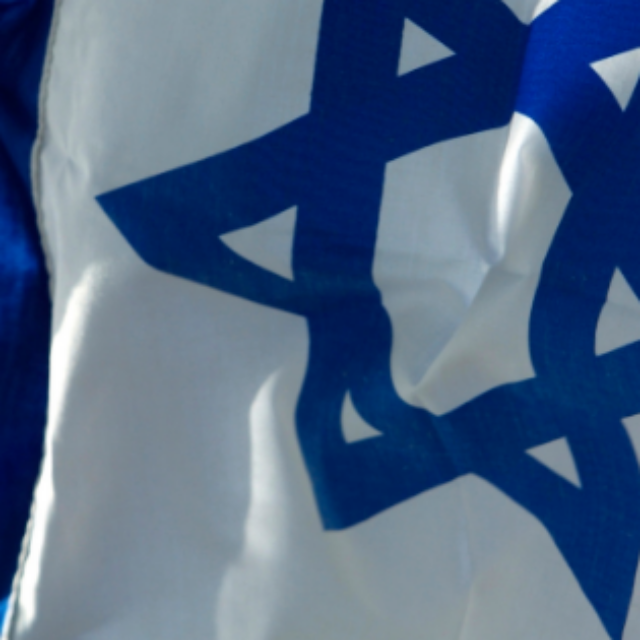By Rabbi Joel Mosbacher
I’ll be leading Shaaray Tefila’s delegation to this year’s Celebrate Israel parade on June 2, as I have for the two previous years as your Senior Rabbi. I hope you’ll join me – it’s only a delegation if I’m not alone!
Sign up to March with Me »
I wanted to spend some time telling you why I’ll be marching, and just why I hope you’ll march with me.
But first, let’s talk just a bit more about Passover.I really like Haggadot – I have a big collection of them. And I always go looking for new ones. This year, the newest Haggadah I’ve collected is actually from a Jewish parenting blog called Kveller. At the end of Kveller’s Haggadah, which is subtitled A Seder for Curious Kids, there is a passage which reads:
It is customary for the last words we recite at the Seder table to be: Next year in Jerusalem. And that’s not necessarily because that’s where our Seder will be next year, though it could be. We might also be thinking about the idea of Jerusalem. The name “Jerusalem” means the “city of peace and wholeness” – wouldn’t it be wonderful to live in a time and place where everything felt peaceful and whole?
Our tradition tells us that the Hebrew word for Jerusalem, Yerushalayim, ends with a plural ending – im – because there are two Jerusalems. There is the ideal, a city of peace and wholeness that we are supposed to build, and there is the real Jerusalem, a beautiful city of gold that is also a really hard and complicated place. That’s true of our lives, too. It’s true of the United States. There’s what we ideally want in our work, in our families, in our country, and there’s the reality of our day to day, which can be more challenging than we’d like. Our job is to see ourselves in both places, and as we do to try to bring them a little closer together.
This year, the theme of the Celebrate Israel parade is Rak B’Yisrael – Only in Israel. As the website for the parade highlights, Israel exemplifies this theme – Rak B’Yisrael – only in Israel. In Israel, it has been said, in order to be a realist, you must believe in miracles. Only in Israel was a 2,000-year-old language resurrected for modern speech. In Israel, a mixture of skill and chutzpah make the impossible possible; barren deserts have been transformed into flourishing fields, pioneers build new frontiers in science and technology, water can be produced from thin air, and on and on. That is why I am marching in the parade again, and why I hope you will, too. That’s the real Israel, the real Jerusalem of which the Kveller Haggadah speaks – that beautiful city of gold.
And, I have to be totally honest with you, as I always will be, it’s hard for me to imagine marching in the parade this year, because the ideal Jerusalem, the Jerusalem of peace and wholeness, feels further away to me than it has felt in a long time. And to march in a parade that celebrates the Jerusalem that is without wrestling honestly with Jerusalem as it should be feels really hard in this moment. To celebrate Israel, the good parts version, without acknowledging Israel, the complex parts, and without advocating for it to live up to the values espoused in its own declaration of independence, feels like an abrogation of our responsibility as lovers of Israel.
As the Celebrate Israel website touts, in our sacred homeland, diverse cultures produce a fusion of global cuisine. And, at the same time, Palestinian citizens of the city of Jerusalem of Gold can’t vote in national elections.
Yes, in Israel, ancient villages stand beside ultra-modern cities. And in Israel, like some other places I love, one’s equal access to infrastructure, schools, freedom of movement, and jobs depends on where you live and whether the government deems you worthy of having a passport.
For certain in Israel, our brothers and sisters have hostile neighbors all around, and their security concerns are beyond anything most of us in North America can imagine. And at the same time, not everything that Israel does in the name of security is right, just, or consistent with Jewish values or the values of a democratic society.
Rak B’Yisrael, we celebrate, as we should, that exiles from the four corners of the world have come home. And, Rak B’Yisrael, I as a rabbi am unable to conduct religious marriages, divorces, or conversions, and women are unable to read aloud from the Torah at the main plaza of the Western Wall.
Without a doubt, we as Jews have a history in Israel that goes back to the Bible and technological advances are blazing a trail into the future. And it’s also true that in Israel, like many places, we see a society of complex contradictions, a society that we can only begin to understand when we see it clearly with our own eyes.
So what is a lover of Israel to do? One might say, “since Jerusalem is clearly not yet the city of peace it should be, I will not march.” But that’s not what Jews do. We said, “next year in Jerusalem” at our Seders for 2000 years when we couldn’t even travel to Jerusalem safely.
We have not yet seen a Jerusalem of peace, and to pretend otherwise is to ignore harsh external and internal realities that could mean the end of our beloved homeland. My friends, we cannot, we must not march blindly, in lockstep, as if, even on a beautiful New York spring day, Israel is everything it should be, everything it could be, everything we dreamed of, everything we hoped for 2,000 years, everything Ben Gurion, Golda and every Israeli citizen-soldier has given blood, sweat, and tears for in the last 71 years.
The ideal Jerusalem is one that we have to build, remember, and we don’t get to be a part of building it if we stay away, if we turn it off, if we jump when the going gets hard. And we don’t get to be a part of building it and securing it for our grandchildren if we don’t confront honestly the challenges it faces, the challenges thrust upon it, and the challenges its decision makers have been part and parcel of perpetuating.
Our job is to see ourselves in both Jerusalems, and as we do, to try to bring them a little closer to each other.
So whether or not we think next year will bring us to Israel – and, by the way, we will soon be announcing dates for a congregational family trip to Israel next August – the phrase in the Seder, “Next year in Jerusalem” is a declaration of hope – hope that the Jewish people’s ancient and ongoing story will lead to happy and holy places in the next year and beyond.
So let’s march together, celebrating the Israel that is, and the Israel that could be, committing ourselves to not only call to Elijah to make the world a more perfect place but to doing the work of world repair, of Jerusalem rebuilding, together with all Jews, everywhere.

